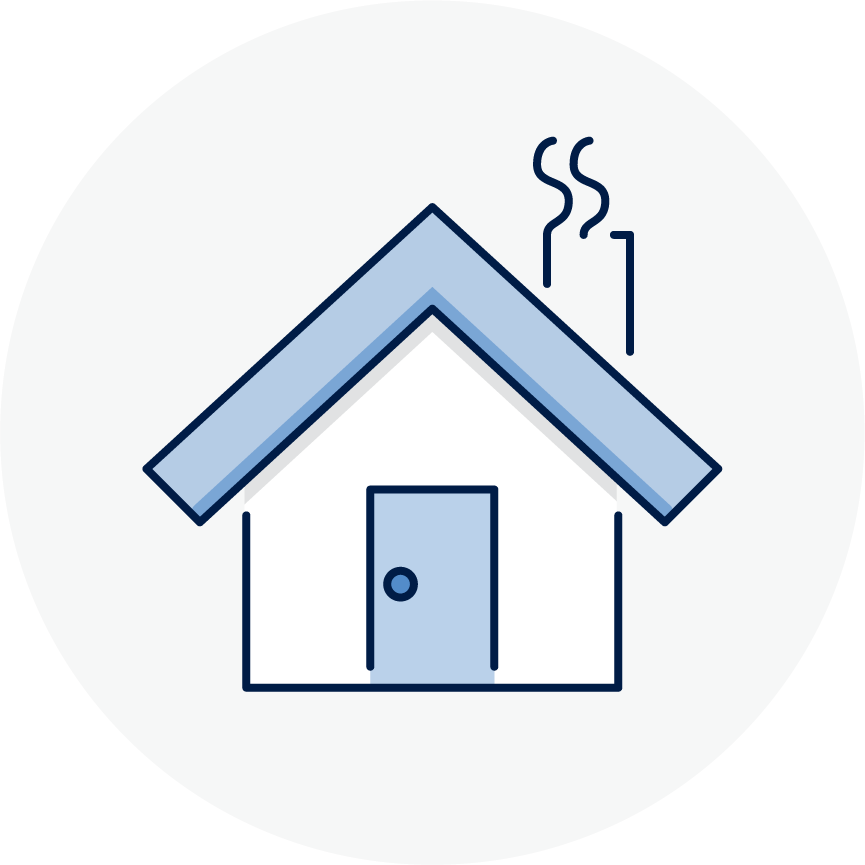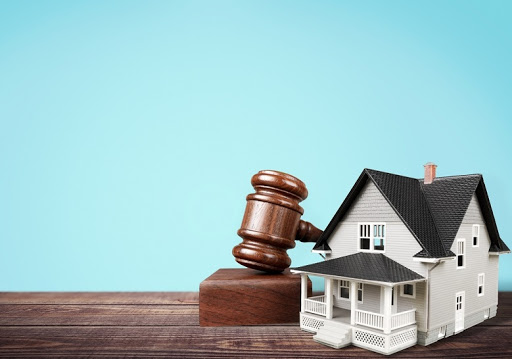New to flipping and fixing?
Before jumping into a bidding war at an auction, make sure you’ve got some set rules handy to follow before you start spending your cash.
Overpaying for property is one of the most common mistakes made by new developers and it can be a costly mistake, putting you behind on your investment before you even begin a project. By following this basic equation, you can avoid a lot of mistakes on overbidding.
Resale Price – Cost = Max Bid
You must be able to accurately estimate a property’s resale price and the costs associated with getting it ready for resale. By calculating these two numbers quickly, you should be able to get some great deals at auction while avoiding costly mistakes.
How to discover resale price?
How to determine the resale price can be tricky. The definition of resale price is what the properties new value is after all the renovations have been done to it. There are many factors that go into this number, it is fluid and ever changing, so it is important you do your own research first.
Location and Comps
Location, for one, will have a considerable impact on price, as will surrounding properties and the current economy. Fortunately, in most cases, it’s possible to come close with market-value calculations fairly easily as long as similar homes in the same area have sold recently. Sales of similar homes are called comps, also known as, comparables. They are the key to estimating resale figures quickly.
Ever heard- location, location, location? There is a reason for that. If you are trying to price a home for sale or understand your own homes value, looking in your immediate surroundings is key.
If the immediate neighborhood does not produce enough comps, then it’s time to expand your search, but keep boundaries. A great boundary would be to take the elementary school district and use that as a guideline. You can also use sites like Realtor.com and Zillow to search for recent sales.
Recent sales (not list price) are going to be your best comp, especially on the same street, but those are not always available. Timing of these comps is also important. Current homes with offers on them or pending are the best comps, not just other homes that are for sale. Lastly, when looking at comps, make sure to compare homes that are also similar in size, style, and land.
Calculating Costs for Foreclosure Flips
In addition to calculating resale value accurately, you will lose or make very little money on your flip if you have not calculated the costs that are associated with it. Here are the most common costs encountered on the road to resale.
- Relator Commissions
- Closing Costs
- Past-Due Taxes and Liens
- Occupancy Costs
- Miscellaneous Expenses
- Construction Costs
- Interest on the Loan
- Desired Profit
Relator Commissions
Using a relator can cost you between 3-4%. Although listing the home yourself can save you this cash, it’s important to get a quick sale and often times using a relator will get you a better deal and quicker sale. Make sure you weigh the benefit of this cost before cutting it out completely.
Closing Costs
In order to finalize the deal, legal fees and closing costs will need to be paid. In closing a deal, assume this cost will add up to 2% of the resale price.
Past-Due Taxes and Liens
In the world of foreclosures, back taxes are common. If the previous owner owed property taxes, you’ll need to pay these after purchasing the property. With a little research you can find out the amount of past due taxes owed, so there is no need to estimate.
It is common that many liens expire after foreclosure. However, some will still need to be paid by the new property owner. When doing a title search for the past due taxes, make sure there are no outstanding liens that need to be paid. If there are, make sure to check how much more those will cost you.
Occupancy Costs
Most foreclosures are unoccupied. You will avoid a ton of additional headaches and costs by sticking with only unoccupied foreclosures. However, you’ll miss out on some great buys if you decide to overlook occupied foreclosures. As a rule of thumb, add an additional 5% to your purchase price to account for costs with getting occupants out.
Miscellaneous Expenses
There can be many miscellaneous expenses that come with buying a foreclosure. For example, title research and drive-by inspections will require an investment of time or money spent. Security and insurance of the property will need to be covered until the property sells. With experience you’ll be able to better gauge these and other expenses. Don’t forget to account for the extra cash to float these costs.
Construction Costs
This is where the majority of your money will be spent and where you can make or break a profit on your fix and flip. At an auction, you never really know the true condition of the property. So be sure to bid with the expectation that additional work will be required to get the home back to salable condition. There are many online resources that will help you calculate the costs needed.
As a general rule of thumb, labor costs will cost about the same as your materials cost. For an easy estimate, make sure to double your materials cost to get an accurate depiction for you max bid.
Desired Profit
Depending on risk, time, and effort involved, your desired profit can change. In todays market, for a fix and flip to be worth the investment, most developers and investors aim for a profit of 10-20%.
Max Bid
Now that you’ve accounted and estimated the costs associated with purchasing a foreclosure property, it is time to calculate your max bid.
Resale Price – (Realtor Commissions + Closing Costs + Past-Due Taxes + Liens + Occupancy Costs + Miscellaneous Expenses + Construction Costs + Desired Profit) = Max Bid
Borrowing Cash
As long as you estimated costs correctly, did your research, and stayed within your max bid- flipping an auction property should lead you to a nice profit and the ability to gain experience to better your next project.
However, make sure you borrow your cash for your investment project from a trusted lender. At Yieldi we give you reliable funding for your real estate needs. We fund quickly in a no-nonsense approach. We pride ourselves on our unique programs: we offer both Commercial and Residential Loan Programs to borrowers & brokers. With over 50 years of family experience in real estate development focused on residential, commercial, mixed use, fix/flips, multi-family and lending, we understand what it means to be on both sides of the coin.

